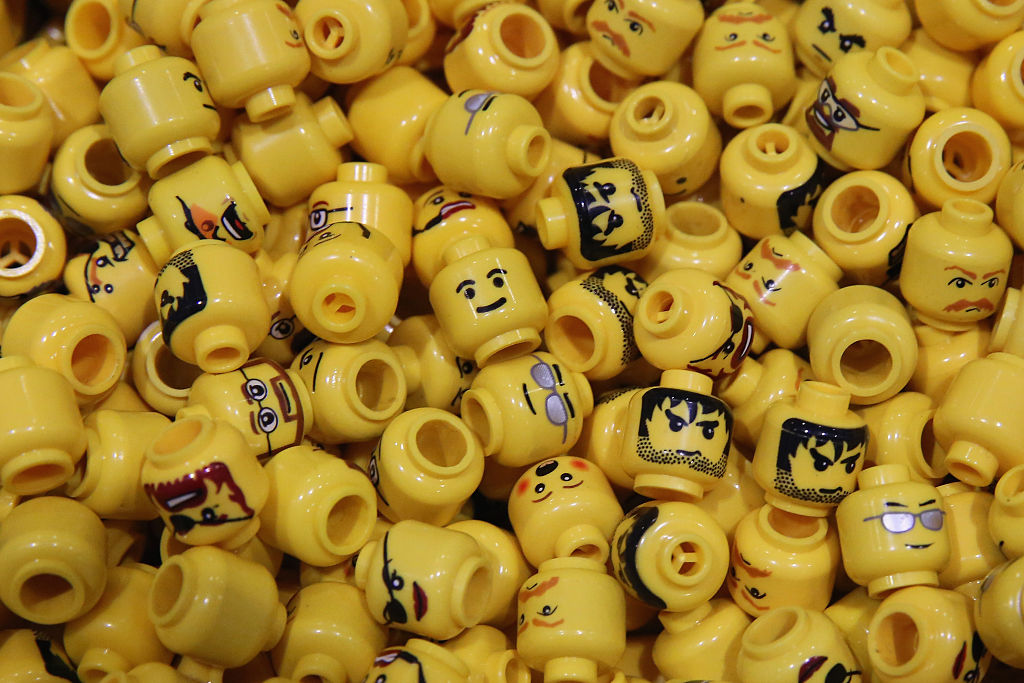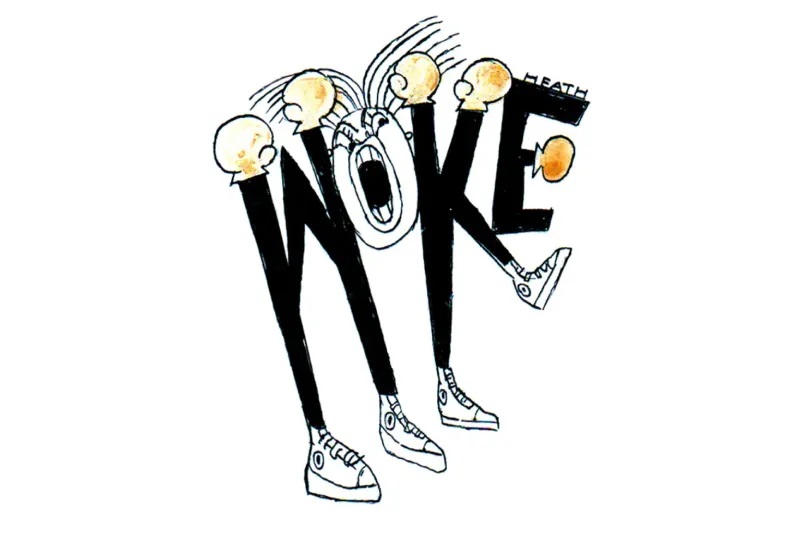Time was that toys would be recalled, removed from sale or quietly had their advertising pulled if they were covered in lead paint, defective, or in the case of Disney’s hilariously misjudged 1999 ‘Rad Repeatin’ Tarzan’ doll, appeared to be masturbating.
Today all it takes is for them to be potentially perceived by someone, somewhere, as insensitive. The Culture War has so seeped into every corner of modern life that Lego has actually pulled marketing of its police and White House toys — presumably in an effort not to stoke more civil unrest — in the wake of George Floyd’s death.
Amid the protests and riots that continue to roil the United States, sparked by the brutal killing of Floyd and inflamed by President Trump’s authoritarian response, an email was reportedly sent on behalf of the Lego Group to marketers, requesting the immediate removal of marketing for more than 30 products. The offending sets include ‘Police Station’, ‘Downtown Fire Brigade’, ‘Donut Shop Opening’ and ‘White House’ — seemingly anything that might feature, or remind people of, the cops, the President or, for some reason, the fire brigade.
This sparked confusion and debate among retailers and within the Lego-fan blogosphere, which, it turns out, is a thing. Some said that the real world should not be allowed to contaminate the ‘ideal world’ of Lego, while others said that spell would be broken for kids anyway when they inevitably re-enacted the scenes of police brutality they see on TV.
The Lego Group has tried to tamp down the story a bit, telling CNBC that ‘we have not removed any sets from sale’. But it confirmed that it ‘paused all marketing’ of these products, including across its own social-media channels, ‘in response to the tragic events in the US’.
It has since put out a statement, pledging its support to the protesters’ cause: ‘We stand with the black community against racism and inequality… There is much to do… We will donate $4million to organizations dedicated to supporting black children and educating all children about racial equality.’
You can kind of see the reasoning behind pulling the ads. Perhaps pushing out pics of cop toys on social media at the moment is an invitation to get monstered or mocked by the more excitable people on Twitter. But the fact that toy companies have been drawn into the Culture War speaks to how degraded politics has become.
The politicization of consumer products has been one of the more peculiar developments of recent years. We’ve had Gillette razors take a stand against ‘toxic masculinity’, Nike side with Colin Kaepernick in the NFL ‘taking the knee’ row, and now pretty much every company pledging support for Black Lives Matter.
[special_offer]
That this strange process has now reached the toy manufacturers is perhaps unsurprising. But it is rather depressing. Surely there should be some spaces in life untouched by political concerns, and marketing miniature bricks and yellow figures to children would hopefully, in normal times, be one of them.
What’s more, as politics has expanded into all areas of life, it has become more shrill and superficial. No one is looking to these companies to lead any meaningful change, but to mouth the right platitudes and demonstrate, by means of showy statements or marketing strategies, that they, too, get people’s pain.
That politics has now strayed into playtime shows how infantile it has become.
This article was originally published onThe Spectator’s UK website.

























